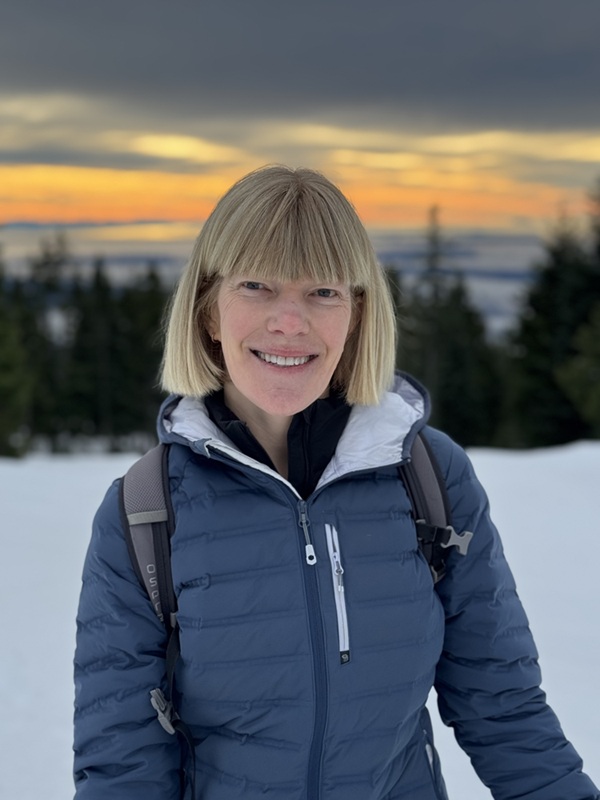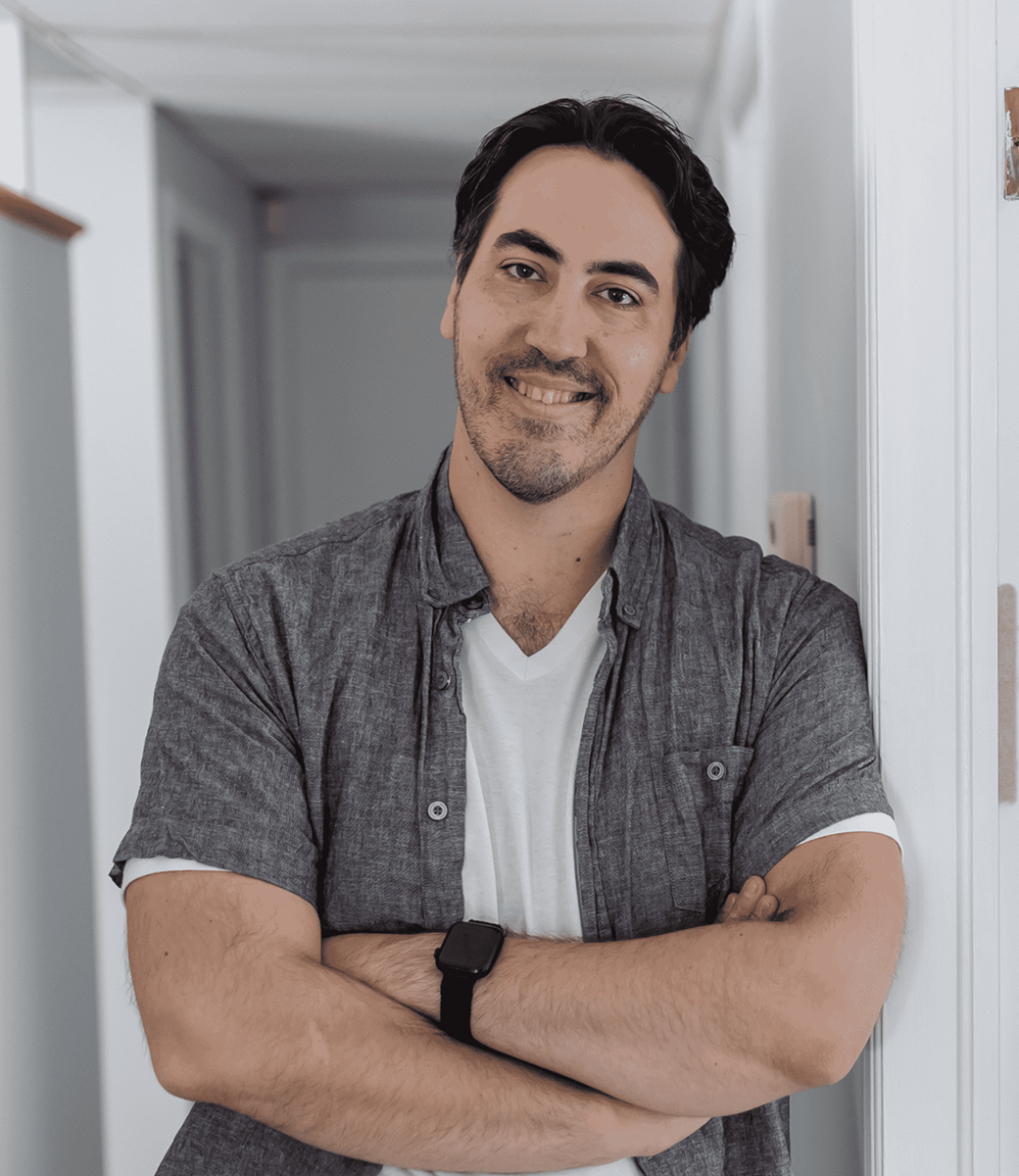
Sonia McDiarmid
ADHD Coach

ADHD Coach
Growing up the 4th youngest of 5 kids I enjoyed constant busyness around me, I’ve always had a sense of adventure, and at the same time, I also have always felt a little different than my peers. I noticed everything! I found my super senses to be both a gift and a challenge. I was smart, but I learned differently. Back then that showed up as what people call “lazy”, so I learned to fit in and meet society’s definition of success, never really knowing the reason why things were always more of a struggle for me.
“It doesn’t have to be so hard.”
One line, one friend, one ADHD diagnosis later and years of dedicated work, I now understand and fully accept myself.
My journey to coaching began when I was a classroom teacher, noticing the unique skills and strengths of my students. This was followed by years of volunteer work on a crisis line that led me to the belief that people help themselves. When we autonomously make the choice to reach towards support, amazing things can happen. Through becoming an internationally certified coach I have witnessed transformations as people learn to trust in themselves and take goal directed action towards what they want.
My specialized training in collaborative conflict resolution has taught me the impact communication, listening, and self awareness has on relationships.
It is an understatement when I say that it brings me great joy to work in partnership with my clients to harness their strengths and get them where they want to go as they strive to make their day to day living easier and improve their relationships.
Coaching is a conversation about what is important to you, the change you want, and how to make it happen. It is goal directed. I partner with you to address the “what”, the “when” and the “how” so that you can make your wants a reality in a way that works best for you and your way of learning.
How is coaching different than therapy? Therapists have specialized training to uncover the “why”, the patterns or history that may inhibit change, whereas coaches remain present and future focussed.
ADHD in the workplace and its impact on relationships and productivity
Adults and young adults navigating university/college
Romantic relationships: adhd, autism, and neurotypical partners
Women with a late ADHD diagnosis
Parenting a neurodiverse child

Clinical Director/Social Worker
Another pivotal chapter in my life began with my daughter’s ADHD diagnosis. It was a moment that reshaped everything I thought I knew—not just about her but also about myself. My own ADHD assessment and diagnosis soon followed, bringing with it a wave of insight and clarity. At first, I thought ADHD explained everything about my struggles, but as I delved deeper into neurodivergence—particularly Autism—I realized that ADHD accounted for only about 70-80% of my experiences. The missing pieces began falling into place, leading me to recognize that I was most likely AuDHD (both ADHD and Autistic). I took multiple Autism assessments, all of which indicated a strong likelihood of Autism.
Even though I firmly believe that self-diagnosis is valid, I still wrestled with my own imposter syndrome. Could I truly claim this identity? It took time, research, and a lot of self-reflection, but I’ve now reached a place where I feel confident in embracing the AuDHD label. Understanding my neurodivergence has been a journey of unlearning, adapting, and ultimately striving for authenticity—not just for myself, but for those I support.
My personal experiences, combined with my professional background, have given me a deep understanding of what it means to be diagnosed with ADHD—or AuDHD—later in life. I know firsthand the confusion, the overwhelm, and the frustration that can come with trying to make sense of your past through this new lens. I’ve struggled with managing everyday tasks, battled feelings of inadequacy, and had to confront years of internalized ableism.
These experiences are not just things I’ve lived through; they are the foundation of my work. My practice is centered on helping people who, like me, have felt out of sync with the world around them. I don’t just offer strategies to manage ADHD or Autism—I offer a space where you can explore what neurodivergence means to you, on your terms, and without judgment. My goal is to help you see your neurodivergence not as a limitation, but as an integral and valuable part of who you are.
Like many neurodivergent individuals, I reached a point where conventional work environments no longer fit my needs. Instead of forcing myself to conform, I built something different—a practice that reflects both my lived experience and my professional expertise. It’s a space where I can empower others to redefine success on their own terms and build lives that work for them.
My journey through these same struggles, paired with my professional expertise, allows me to guide you with both empathy and real-world strategies. Together, we can explore what works best for you—helping you not just manage symptoms, but truly embrace your neurodivergence as part of who you are.
My personal experiences, combined with my professional background, have given me a deep understanding of what it means to be diagnosed with ADHD—or AuDHD—later in life. I know firsthand the confusion, the overwhelm, and the frustration that can come with trying to make sense of your past through this new lens. I’ve struggled with managing everyday tasks, battled feelings of inadequacy, and had to confront years of internalized ableism.
These experiences are not just things I’ve lived through; they are the foundation of my work. My practice is centered on helping people who, like me, have felt out of sync with the world around them. I don’t just offer strategies to manage ADHD or Autism—I offer a space where you can explore what neurodivergence means to you, on your terms, and without judgment. My goal is to help you see your neurodivergence not as a limitation, but as an integral and valuable part of who you are.
Like many neurodivergent individuals, I reached a point where conventional work environments no longer fit my needs. Instead of forcing myself to conform, I built something different—a practice that reflects both my lived experience and my professional expertise. It’s a space where I can empower others to redefine success on their own terms and build lives that work for them.




